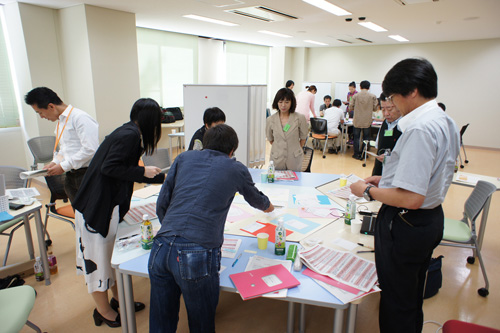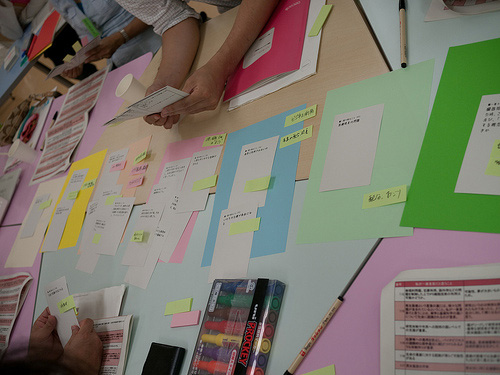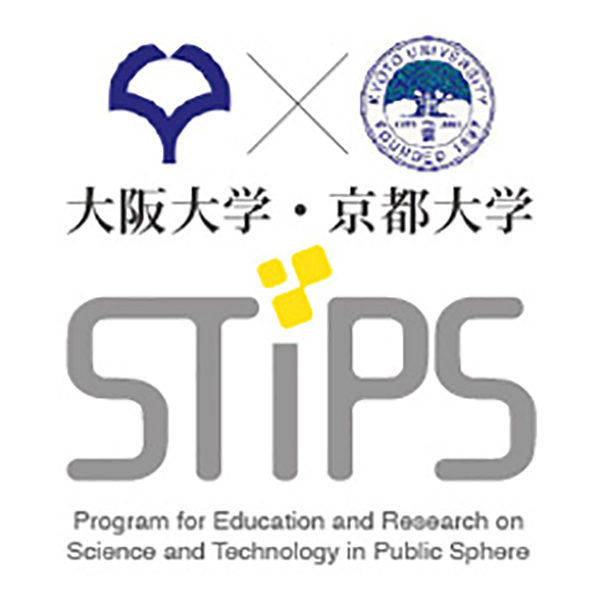Deliberative Caravan



Opinion Eliciting Workshop
This workshop addressed regenerative medicine. We used the Opinion Eliciting Workshop Method, developed and designed by DeCoCiS’ Deliberative Dialogue Method Group, enabling even people unfamiliar with debates to participate. By using tools such as cards and introducing the rules, anyone could easily participate. To avoid bias in the participant pool, each work shop involved a different participant type, including mothers raising children, high school students, lawyers, and regenerative medicine specialists. In each workshop, five to seven people were assigned to a group and engaged in discussions for around two hours, and their opinions were captured using sticky notes. At the end, participants submitted a card on which they wrote what they considered to be “the most important thing” regarding regenerative medicine as well as their reason for thinking so. Certain people wrote about ethical issues relating to life and death, while others problematized the rising cost of medical care. In other cases, people identified the same “most important thing” for different reasons. We observed once again that opinions truly differ from person to person.Agenda Formulation Meeting
The Agenda Formulation Meeting proposed an agenda, or questions to be discussed in society, based on the 180 discussion points submitted by the Opinion Eliciting Workshop. There were 18 participants, nine specialists and nine non-specialists. Before discussions began, they were evenly divided into three groups and were instructed to create a document entitled Questions to be Discussed in Society. At the outset, each participant independently selected opinions from the Opinion Eliciting Workshop about which they were curious and explained to the group why they had chosen it. Then, to make the discussion points clear, similar opinions were summarized. The results were brought before the entire meeting, and six themes were identified that would become the basis for creating agenda questions. Each group took charge of two themes and created approximately four questions for each theme. By the end, they created a total of 22 agenda items.2014年02月28日公開 | Our experience





